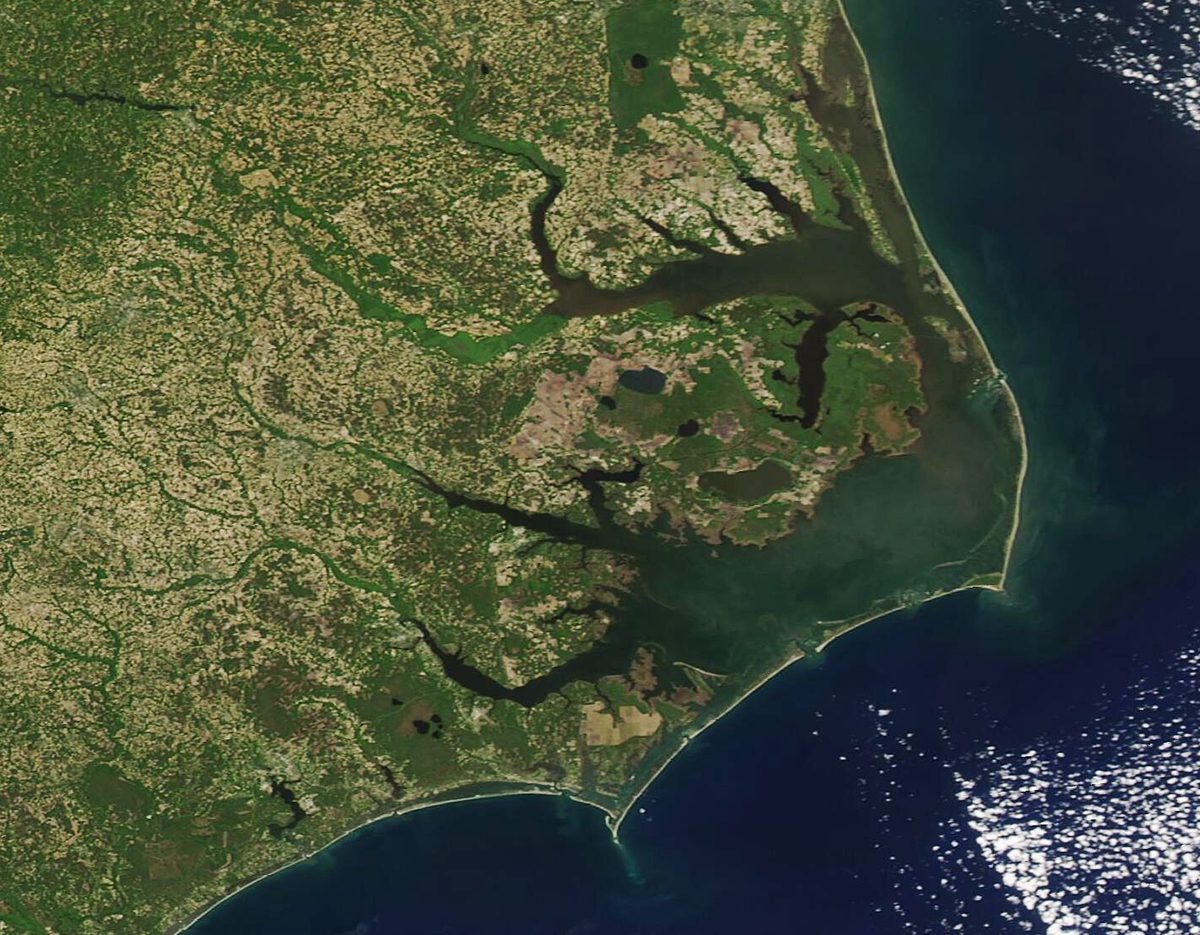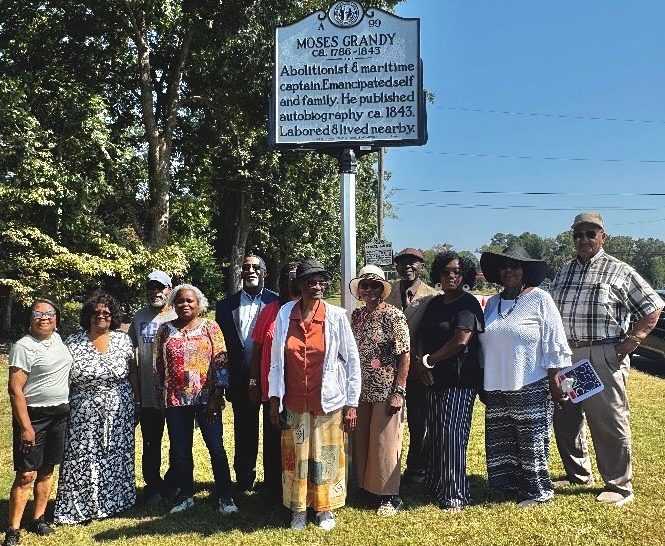
Several North Carolina environmental groups are backing Gov. Roy Cooper’s lawsuit challenging the constitutionality of the legislature-appointed commission tasked with reviewing and approving rules adopted by state agencies.
The Southern Environmental Law Center recently filed a friend-of-the-court brief in Wake County Superior Court on behalf of the groups supporting the governor’s challenge to the North Carolina Rules Review Commission.
Supporter Spotlight
The governor’s office filed a lawsuit in the same court two years ago, arguing that the commission, which was created by and whose members are selected by the General Assembly, violates the state constitution’s Separation of Powers clause.
That clause mandates that the legislative, executive and supreme judicial powers of the state government “shall be forever separate and distinct from each other.”

The environmental groups supporting the governor’s challenge include Cape Fear River Watch, Carolina Wetlands Association, CleanAIRE NC, Democracy Green, Haw River Assembly, MountainTrue, North Carolina Black Alliance, Sound Rivers, West End Revitalization Association and the North Carolina Coastal Federation, which publishes Coastal Review.
“The groups we represent in the amicus wanted to join to show how this matters in real life and demonstrate that this isn’t just a meaningless power struggle between the governor and the legislature. This is about things that affect real people,” said Kym Meyer, a senior attorney with Southern Environmental Law Center.
The case is pending before a three-judge panel of state Superior Court judges and a hearing has been set for Nov. 9.
Supporter Spotlight
Challenging absolute power
Whether the rule is one that a state agency has created about wetlands protections or cadmium exposure in the workplace, the Rules Review Commission determines which rules do and do not make it on the books.
“It’s not about something about a license plate,” Meyer said. “It’s about E. coli in your water or which wells we’re going to protect or climate change issues and so the stakes are really high and dramatically affect the interests of all the client groups who signed on who are working really hard to protect resources, but can only do so if government agencies are going to be able to do their job and enforce the law.”
In the decade before the General Assembly created the Rules Review Commission in 1986, legislators had formed the Administrative Rules Review Commission, a panel of nine legislators who could object to, but not veto, proposed rules.
Related: Rules Review Commission meets Sept. 15
The Rules Review Commission, a 10-member body for which the legislature’s appointees serve two years, remained an advisory board until the mid-1990s when a series of amendments were made to the North Carolina Administrative Procedure Act.
In 2003, rulemaking agencies were granted the right to file for court-issued judgments in cases where the commission vetoed proposed rules.
The structure of the Rules Review Commission has, for years, been subject to lengthy legal debates and its decisions have been challenged over the years.
In 2004, the Environmental Management Commission sued the Rules Review Commission for declining proposed stormwater rules opposed by real estate developers and homebuilders. A few years later, the General Assembly approved a compromise that included scaled-back requirements for protecting water quality.
In 2014, the North Carolina State Board of Education filed a lawsuit against the commission, arguing the board of education was not constitutionally bound to submit its policies to the Rules Review Commission.
Three years later, an appellate court overturned a lower court’s ruling in favor of the board of education.
Two of the three appellate court judges who reviewed the case determined the Rules Review Commission is authorized to review and approve the board’s policies.
The dissenting judge argued that the state constitution gives the state board of education, not the Rules Review Commission, the power to administer and supervise public education.
A roadblock in the process
The environmental groups, Meyer said, are starting to feel like the commission is putting a roadblock in the rule implementation process by either slowing it down, stopping it, or potentially leading to agencies shying away from creating rules.
A 2004 paper published in the North Carolina Law Review points out that unlike administrative agencies, the commission is not restricted from being contacted by lobbyists.
Powerful lobbying groups get a voice in the legislative process, one that includes votes that go before both the House and Senate and, if passed, are signed off by the governor.
“That’s how we make law,” Meyer said. “But the problem here is this isn’t about making law. This isn’t the legislative process. This is about how, once laws are on the books, how they’re actually enforced in real time and that’s the governor’s job.”
Environmental justice groups that have aligned with the governor’s challenge to the Rules Review Commission depend on the governor to be able to do that job, Meyer said.
“They don’t have the same level of voice in the legislative process that powerful, rich interests might have so you can see the more political all of these processes become the more problematic it is for marginalized communities,” she said.







